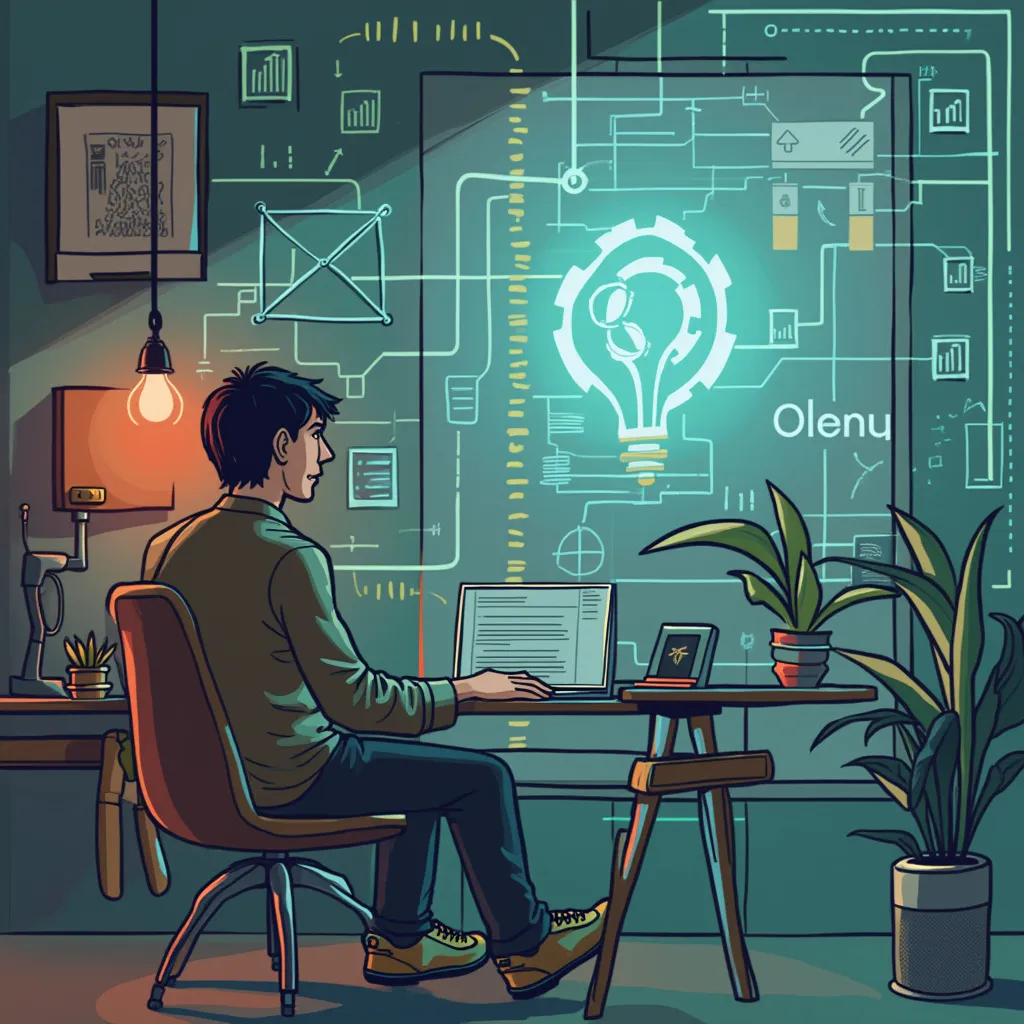OpenAI's Interest in Chrome: A Game-Changing Move in the AI Browser Landscape
- 0 reactions
- 8 months ago
- Flaik.ai

OpenAI’s Potential Acquisition of Chrome: Revolutionizing the AI-Powered Browsing Experience
In a surprising turn of events during Google’s ongoing antitrust trial, OpenAI executive Nick Turley, who heads the ChatGPT division, expressed the company’s interest in acquiring Google’s Chrome browser. This revelation has sent ripples through the tech industry, hinting at a potential shift in the landscape of AI-integrated web browsing.
The Vision Behind OpenAI’s Interest
Turley’s statement in court on Tuesday highlighted OpenAI’s ambitious plans for Chrome, should it become available for purchase. He emphasized that such an acquisition would enable OpenAI to “offer a really incredible experience” to users, potentially revolutionizing how we interact with web browsers.
This move aligns with OpenAI’s mission to advance artificial intelligence in ways that benefit humanity. By integrating their cutting-edge AI technology with one of the world’s most popular web browsers, OpenAI could create a seamless fusion of browsing and AI assistance.
Implications for the Future of Web Browsing
The prospect of an AI-powered Chrome browser raises intriguing possibilities:
- Enhanced search capabilities with AI-driven context understanding
- Personalized browsing experiences tailored to individual user needs
- Improved content curation and information discovery
- Advanced language translation and accessibility features
Such advancements could significantly impact how we consume and interact with online content. It’s reminiscent of how AI audio translation has transformed the way we overcome language barriers in multimedia content.
Market Dynamics and Competition
OpenAI’s interest in Chrome also signals a potential shift in the competitive landscape of web browsers. With AI becoming increasingly central to tech innovation, this move could spur other browser developers to accelerate their AI integration efforts.
Moreover, it raises questions about the future of search engines and how they might evolve in an AI-dominated browsing environment. The integration of AI capabilities similar to those used in website SEO optimization could revolutionize how websites are ranked and discovered.
Conclusion: A New Chapter in Web Browsing
While OpenAI’s acquisition of Chrome remains hypothetical at this point, the mere possibility has sparked excitement and speculation in the tech community. As AI continues to advance, the potential for a more intelligent, intuitive, and personalized web browsing experience grows ever closer to reality.
As we await further developments in this space, one thing is clear: the future of web browsing is set to be more intelligent and user-centric than ever before.
Comments
Continue reading
No results available
Reset








